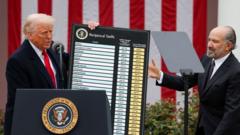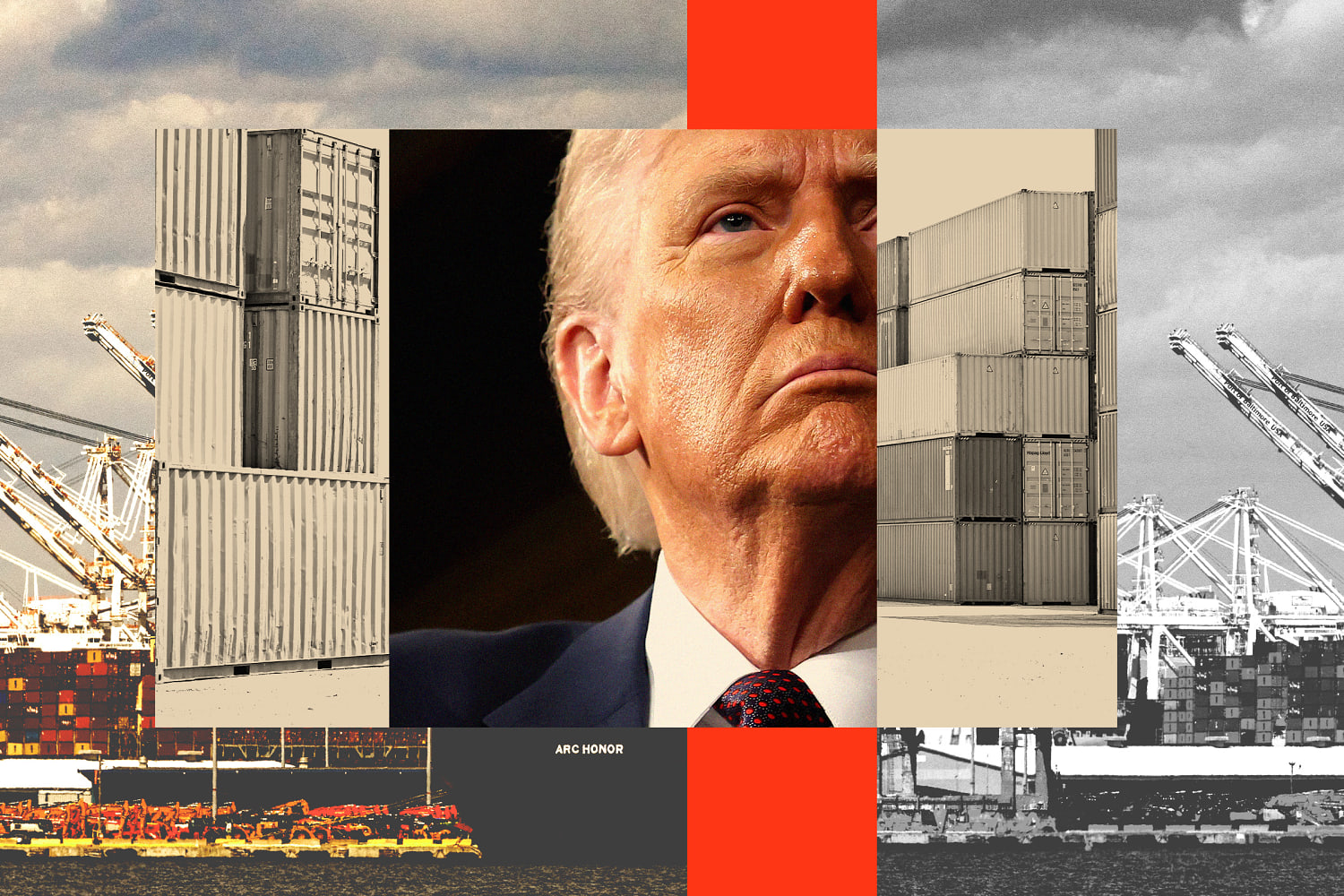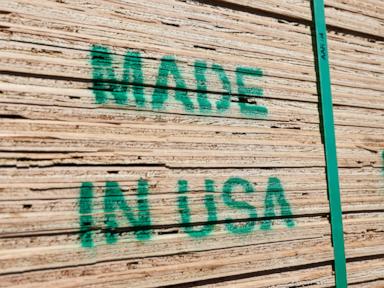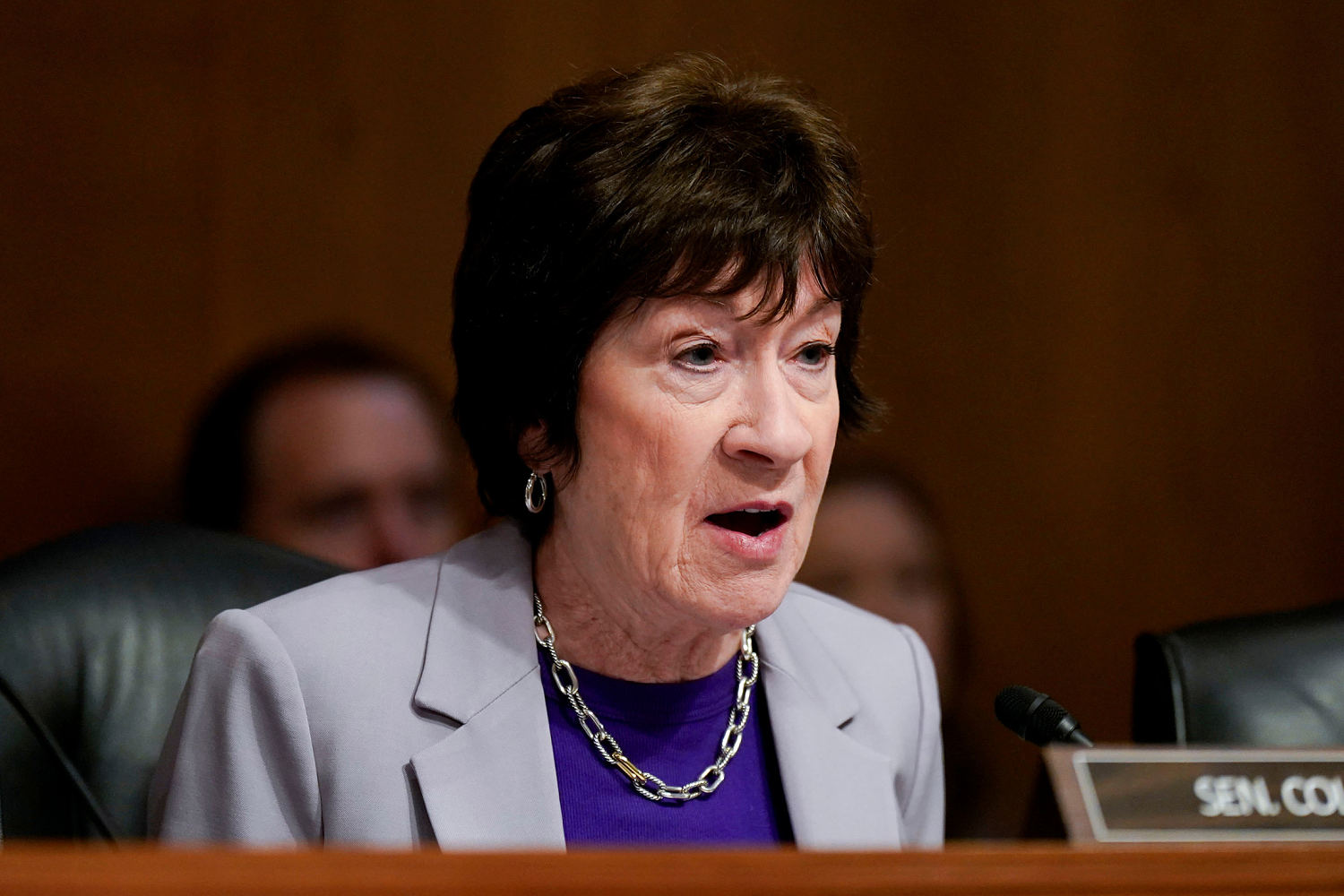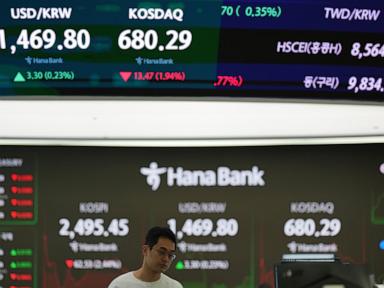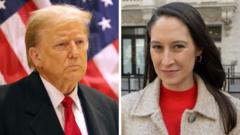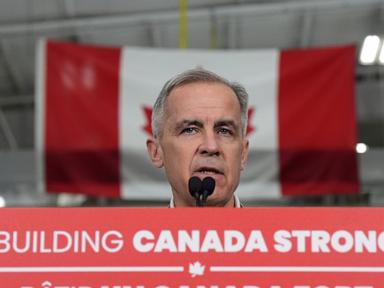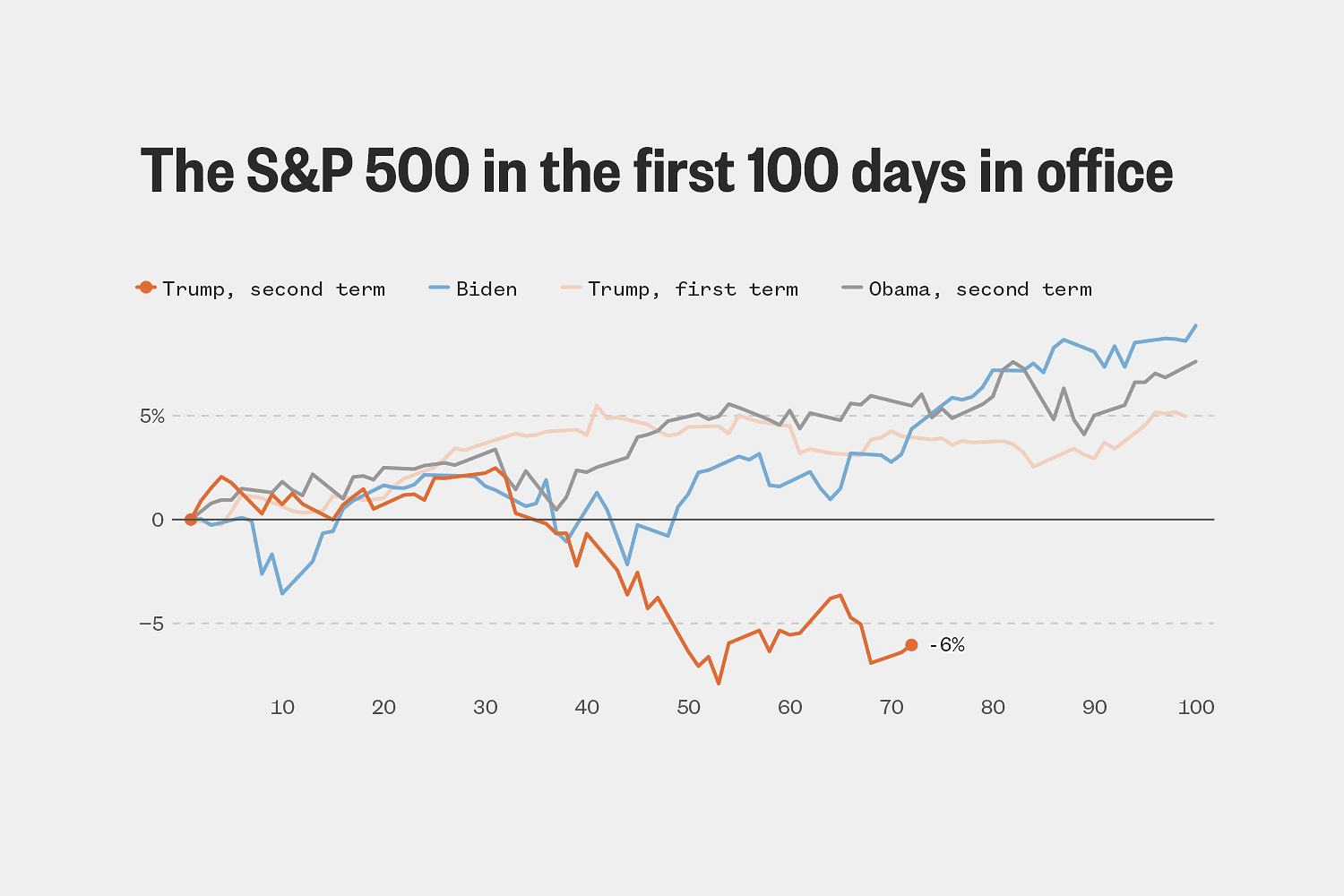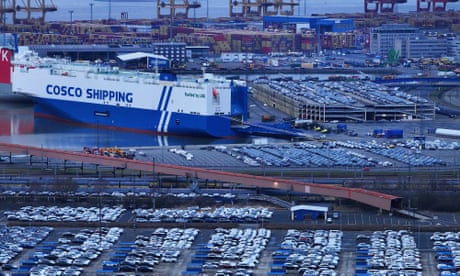President Trump plans to announce reciprocal tariffs on a host of nations Wednesday at a White House event.
Trump has deemed April 2 “Liberation Day” because of the tariffs, and the White House ceremony is also being described as an event to “make America wealthy again.”
But there are many doubts over whether the tariffs will lead to wealth or economic disaster.
And there are tons of questions about what Trump has planned.
Here are five of the biggest ones.
Which countries will Trump hit with tariffs?
Trump is reportedly deciding between imposing a broad tariff on imports and subjecting certain countries — particularly major U.S. trading partners — with specific import taxes.
Treasury Department Secretary Scott Bessent suggested in March that the administration could go after the 15 percent of countries responsible for the most trade with the U.S., which he called ‘the Dirty 15.”
Bessent didn’t specify which countries make up the “Dirty 15,” though an analysis from CNBC determined it would likely include China, the European Union, Mexico, Vietnam, Ireland, Germany, Taiwan, Japan, South Korea, Canada, India, Thailand, Italy, Switzerland, Malaysia, Indonesia, France, Austria and Sweden, based on the size of the U.S.’s trade deficit in goods with those nations.
“There are a reasonably small number of countries that are the world’s major producers of manufactured goods, and it seems likely that all of those will be targeted in some way or another, so I don't see a lot of difference between tariffs that target the so-called worst defenders and broader tariffs,” Edward Alden, senior fellow at the Council on Foreign Relations, said Tuesday in an interview with The Hill.
How will the tariff rates be calculated?
Whether Trump imposes tariffs broadly or only against certain countries could also affect how steep the new import taxes will be.
Bessent said in March the administration would consider not only tariffs but a wide range of trade policies and economic barriers imposed by each country when deciding its reciprocal tariff rate.
If a country doesn’t change those policies, Bessent said, “then we will put up the tariff wall to protect our economy, protect our workers, and protect our industries.”
Even if Trump decides on a flat, universal tariff, the administration would have to decide whether the new import taxes would be imposed on top of or instead of its previously announced levies.
Trump has already imposed new tariffs on goods from Canada, Mexico and China, and on all foreign steel and aluminum. The president is also set to impose Thursday his previously announced tariffs on foreign autos and auto parts.
Will any industry or country be spared?
Trump has announced, imposed and walked back tariffs frequently throughout each of his terms as a way to gain leverage in negotiations with foreign leaders. Several experts suggested imposing individualized tariff rates could give Trump even more sway over foreign leaders eager to avoid economic blowback.
The heads of major U.S. auto companies have pleaded with Trump to spare their industry from steep tariffs and have urged him to exempt lower-level auto parts from his new levies.
Trump also rebuffed appeals from U.K. Prime Minister Keir Starmer to exempt his country from the ...



